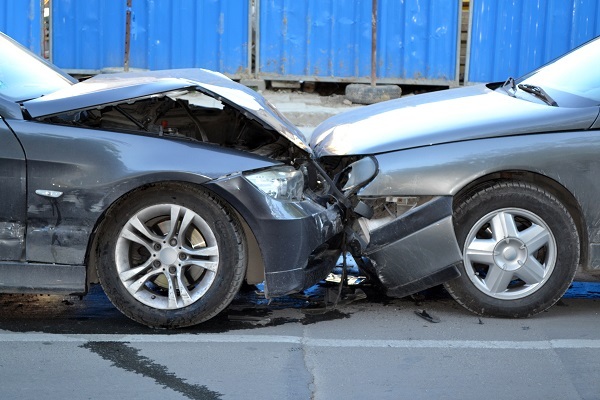When you are injured in a vehicle wreck, your personal injury attorney will do his or her best to secure the compensation you deserve. How much of a settlement you will be awarded depends on where you live. If your crash occurs in North Carolina, the state courts don’t allow plaintiffs in injury suits to collect damages if they are partially at fault.
In the U.S. generally, three different standards apply to determining the amount of damages you can recover: contributory negligence, pure comparative negligence, and modified comparative negligence standards. Most states follow comparative negligence standards, but, according to findlaw.com, North Carolina applies the contributory negligence rule in a civil case. Under the contributory negligence rule, you are completely barred from recovering any damages if you were partially at fault for the accident.
Even if you are only ten percent responsible and the other driver is 90 percent responsible: no compensation for your injuries. The three other jurisdictions that apply the “Pure Contributory Negligence Rule” are Alabama, Virginia, and the District of Columbia.
That may be the bad news. The good news is that, while most states set caps on non-economic damages such as pain and suffering and emotional distress, North Carolina imposes caps only in medical malpractice cases. There will be no cap on your personal injury damages.
The North Carolina Advocates for Justice (NCAJ), a nonprofit legal association, offers advice to drivers who get involved in auto crashes. Along with telling you to remain at the scene, assist the injured, be sure to get the other driver’s information, and cooperate with police officers, the NCAJ counsels:
“Remember to say nothing. Do not give any opinions about the wreck. You may find it helpful to take notes on it so that you can recall the details later. However do not show your notes or admit any wrongdoing to anyone, even if you think you are in the wrong. … Hasty, emotional admissions can be costly.
“Pay nothing. Make no immediate payment of any kind to the other party nor promise to make payment. Any such payment would be at your own risk. The other driver cannot force you to make any payment without legal proceedings, nor can you be held liable without legal action.”
Richard Manger, principal of Manger Law Firm, has extensive experience in litigation and settlements, with a focus on personal injury and workers’ compensation law. We are proud of the strong relationships of loyalty and trust we develop with our clients. We go above and beyond to achieve the best possible outcome in your case. You can contact Richard Manger via email at ram@mangerlaw.com, or by calling (336) 882-2000.






